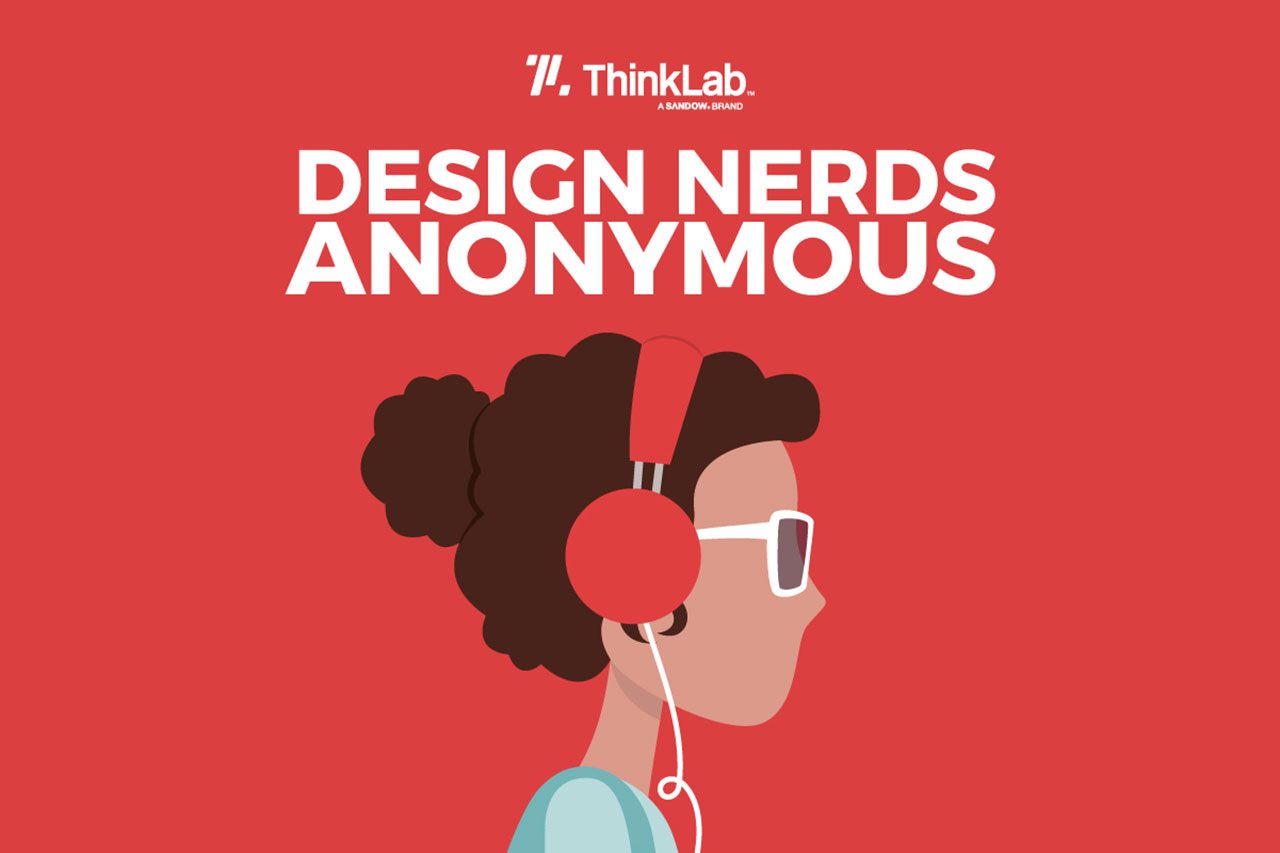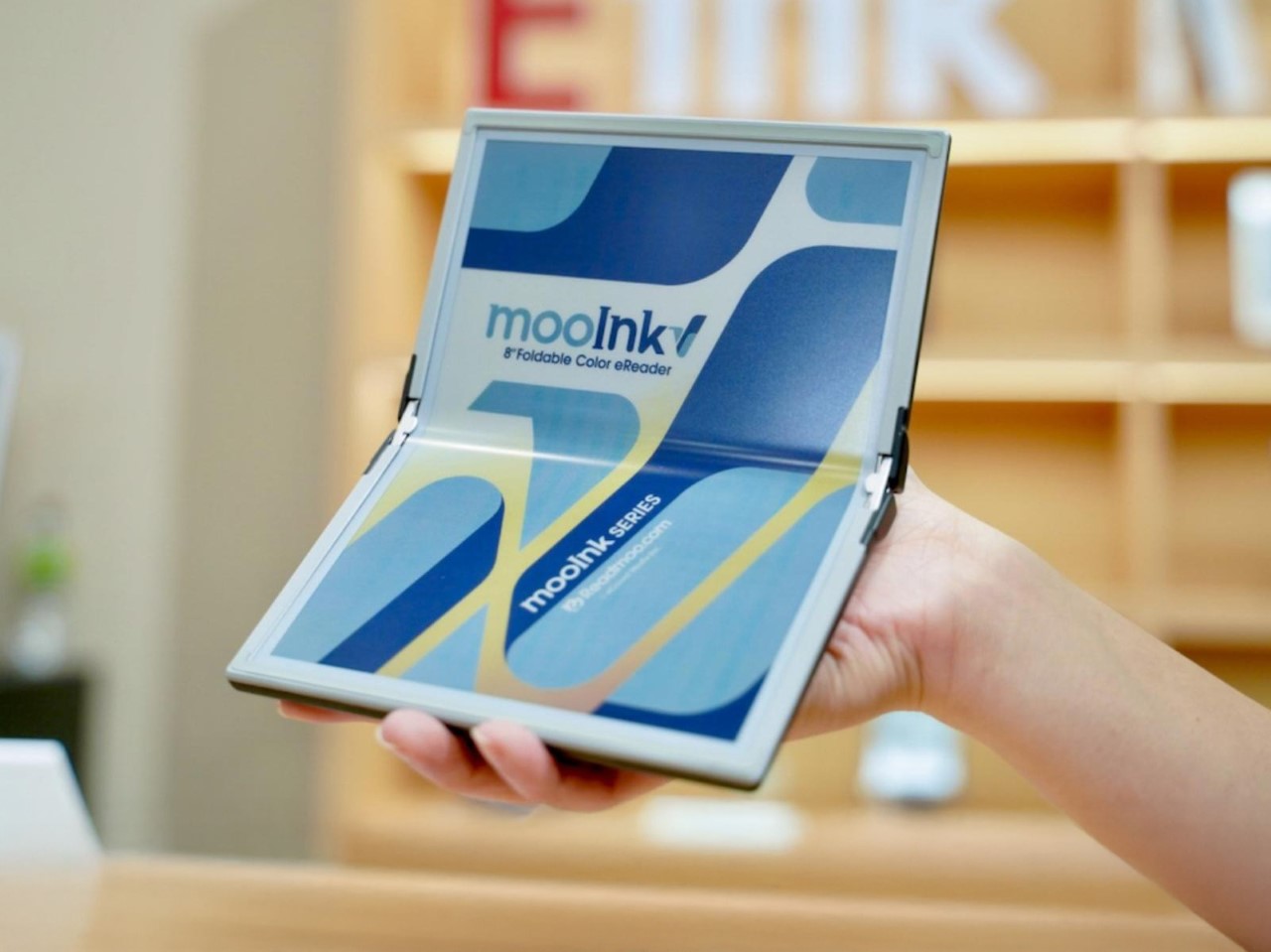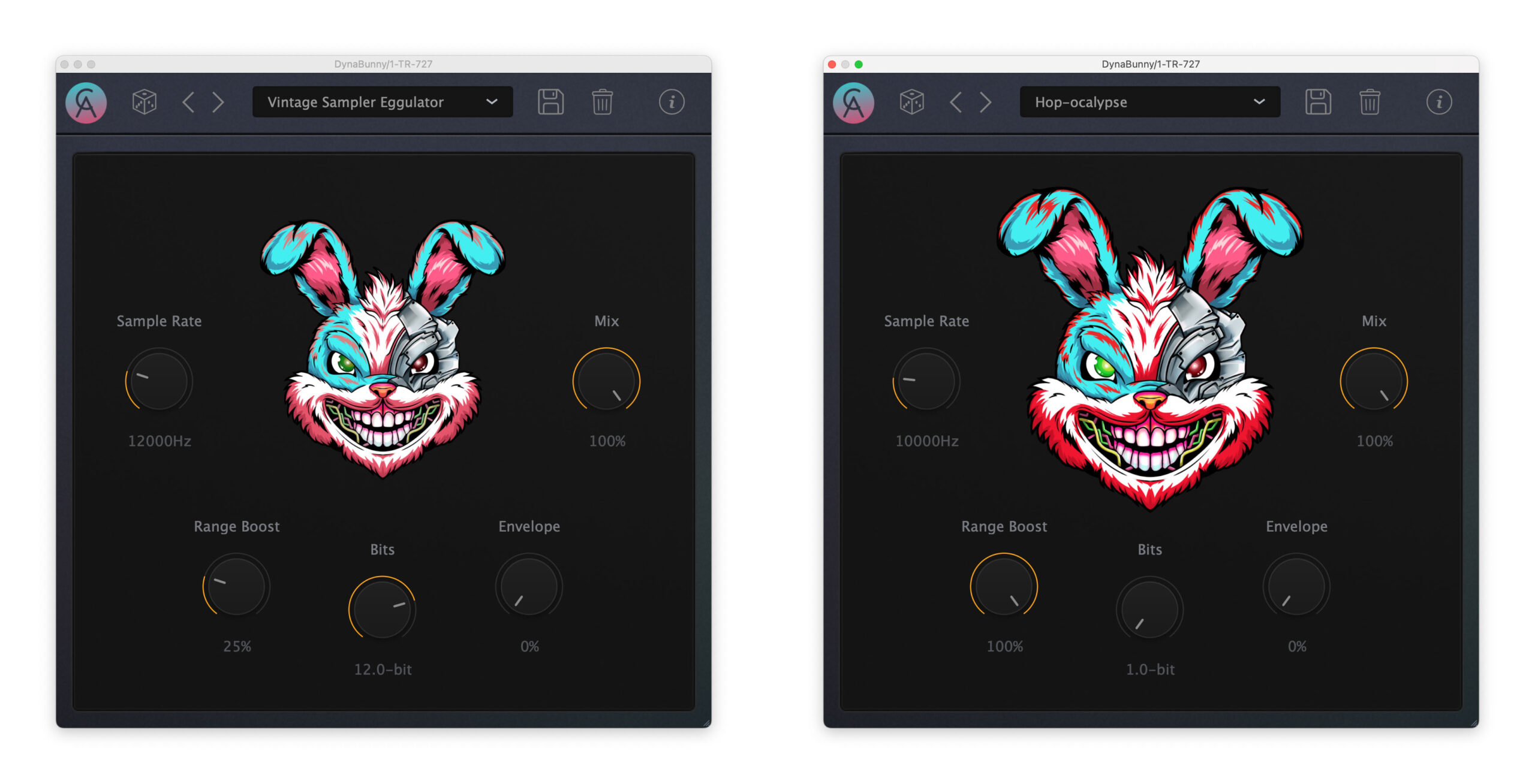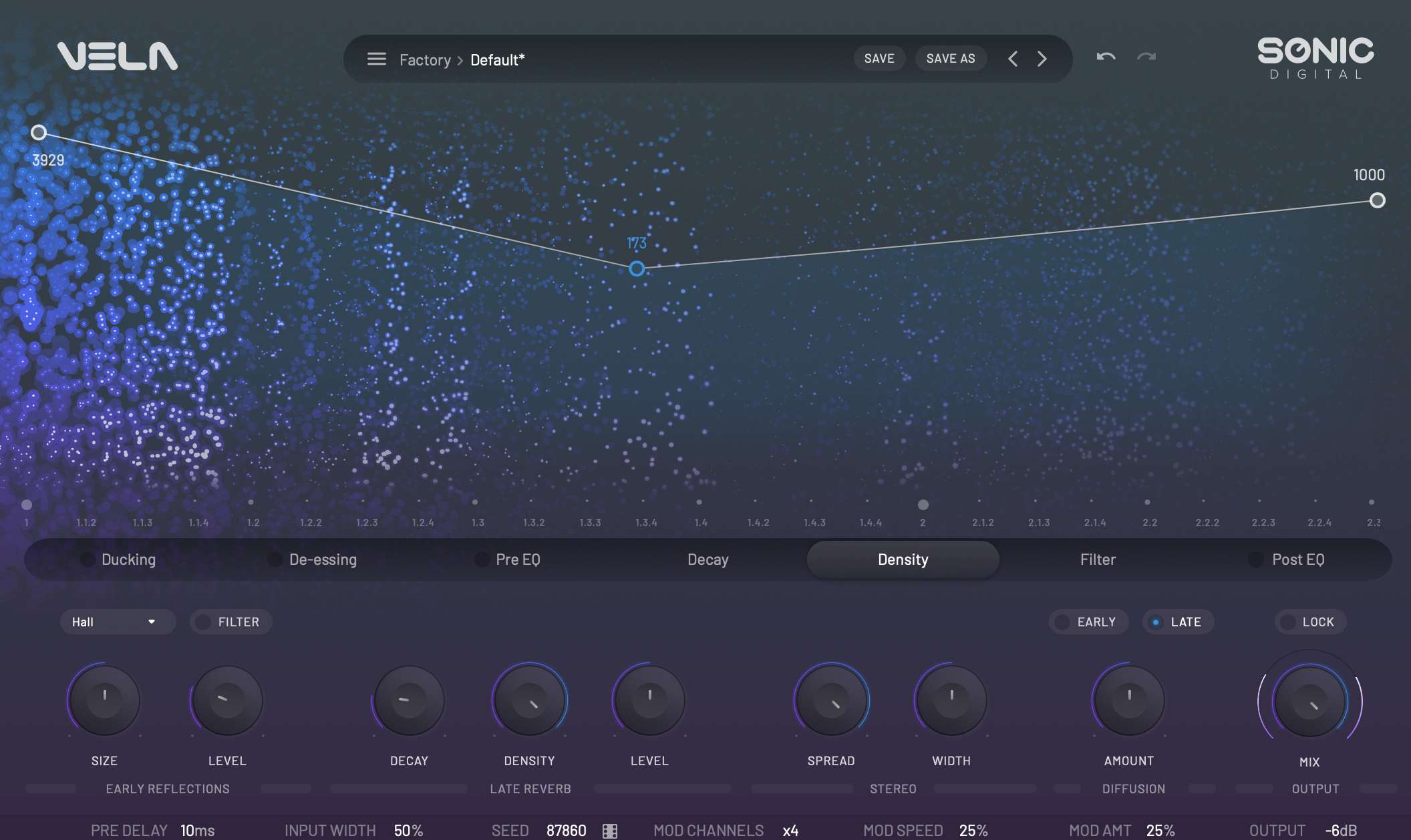The Impact of AI on Custom App Development Services Across Industries
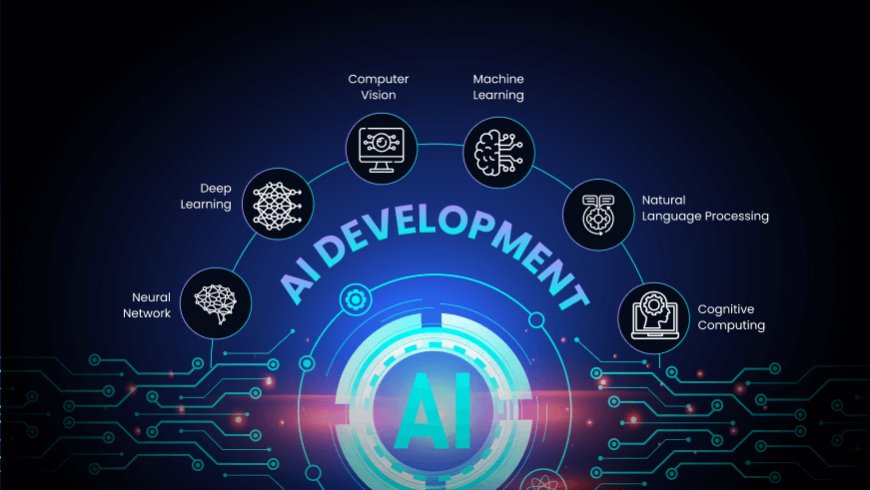
The rise of artificial intelligence (AI) has had a profound effect on app development, providing businesses with the ability to enhance custom applications across a variety of industries. AI is revolutionizing the way businesses build, optimize, and utilize apps, offering new levels of efficiency, personalization, and automation. From healthcare and finance to retail and entertainment, AI is transforming the custom app development landscape, making it a vital tool for businesses looking to stay ahead of the competition. In this blog, we’ll explore how AI is impacting custom app development services across different industries.
AI’s Role in Healthcare App Development
The healthcare industry is one of the most significant beneficiaries of AI-driven custom app development. AI-powered healthcare apps are transforming how medical professionals diagnose, treat, and interact with patients, making healthcare more accessible, accurate, and efficient.
AI-enabled apps can analyze medical data, such as patient records, test results, and medical histories, to help doctors make more informed decisions. For example, AI algorithms can assist in diagnosing conditions by analyzing images from X-rays, MRIs, or CT scans, providing a second opinion that enhances accuracy. Moreover, AI can help doctors track patient progress in real time, sending automated reminders for medication and appointment scheduling.
AI is also being used to enhance patient care with custom mobile apps. These apps can analyze user data from wearable devices, providing insights into patients’ health conditions and offering personalized recommendations for fitness, diet, and mental well-being. AI-powered chatbots and virtual assistants can also provide 24/7 patient support, answering medical inquiries and providing timely guidance.
Transforming Retail with AI-Powered Custom Apps
The retail industry is another area where AI is having a major impact on custom app development services. AI is enabling retailers to provide more personalized and efficient shopping experiences to customers, which is crucial for staying competitive in today’s fast-paced market.
AI algorithms are being used to create personalized product recommendations based on customers' browsing history, past purchases, and preferences. This personalization increases customer satisfaction and boosts conversion rates, making it easier for businesses to engage customers and drive sales. AI can also optimize pricing strategies by analyzing market trends and consumer behavior, ensuring that prices are competitive and aligned with customer demand.
In addition, AI-powered custom apps are enhancing the in-store shopping experience. For example, AI can assist customers with navigation inside large stores, helping them find the products they are looking for in real time. Similarly, augmented reality (AR) features powered by AI can allow customers to virtually try on clothes or visualize how products will look in their homes, creating a more engaging and convenient shopping experience.
AI in Financial Services and Fintech Apps
The financial industry is increasingly relying on AI-powered custom apps to improve customer experiences and streamline operations. AI is being used in fintech apps to automate complex processes, enhance fraud detection, and offer personalized financial advice.
For instance, AI algorithms can analyze spending patterns to offer personalized financial recommendations, helping users manage their budgets, save money, and invest wisely. AI is also being used for fraud detection, as machine learning algorithms can analyze transaction data in real time and flag any suspicious or unusual activity. By automating fraud detection, AI reduces the risk of financial losses and improves the overall security of financial transactions.
Additionally, AI is revolutionizing customer service in the financial sector. AI-powered chatbots can handle routine inquiries, provide account updates, and even assist with financial planning. By offering fast, accurate, and personalized service, AI improves customer satisfaction and frees up human agents to focus on more complex tasks.
Revolutionizing Education with AI-Driven Apps
In the education sector, AI is helping to create personalized learning experiences, making education more accessible and tailored to individual student needs. Custom apps powered by AI are enabling adaptive learning, where the app adjusts its content and teaching methods based on the student’s performance and learning pace.
AI-based education apps can analyze a student’s strengths and weaknesses, providing personalized feedback and recommendations for improvement. This allows students to learn at their own pace, improving retention and overall academic performance. Additionally, AI can be used to automate administrative tasks, such as grading, freeing up teachers to focus on direct instruction.
AI-powered virtual tutors and assistants can also provide students with real-time help, answering questions and guiding them through difficult concepts. These virtual assistants can simulate one-on-one learning experiences, ensuring that students receive the attention and support they need, even outside of traditional classroom settings.
Improving Logistics and Supply Chain Management with AI Apps
The logistics and supply chain industry is increasingly adopting AI technologies to improve efficiency, reduce costs, and enhance operational visibility. AI-driven custom apps are streamlining inventory management, optimizing routes, and improving demand forecasting.
For example, AI-powered apps can predict fluctuations in demand by analyzing historical data, allowing businesses to adjust their supply chain strategies accordingly. Additionally, AI can optimize delivery routes in real time, reducing transportation costs and improving delivery speed. In warehouses, AI-powered robots can assist in automating the picking and packing process, reducing human error and speeding up operations.
AI is also improving supply chain transparency by providing real-time tracking and monitoring of goods as they move through the supply chain. By leveraging AI, businesses can make data-driven decisions that improve efficiency, reduce waste, and ensure timely delivery of products.
AI-Powered Custom Apps for Entertainment and Media
The entertainment industry is another area where AI is making a significant impact on custom app development. AI is being used to enhance content discovery, improve user engagement, and optimize content creation.
Streaming platforms like Netflix and Spotify use AI algorithms to recommend content based on user preferences, viewing history, and even mood. These personalized recommendations make it easier for users to discover new content, improving engagement and retention. Additionally, AI is being used to optimize content creation by analyzing user preferences and predicting which types of content are likely to resonate with audiences.
AI is also being used in gaming apps to create more immersive and dynamic experiences. AI-powered non-player characters (NPCs) can adapt to player behavior, creating more challenging and personalized gameplay. In addition, AI can analyze player data to identify trends and preferences, enabling developers to create games that are tailored to their audience.
Conclusion
AI app development services are having a profound impact on industries across the board, revolutionizing the way businesses operate, engage with customers, and create innovative products and services. From healthcare and finance to retail, education, and entertainment, AI is enhancing custom app development by providing new levels of personalization, efficiency, and automation. As businesses continue to embrace AI technologies, custom app development will evolve to meet the ever-growing demands of today’s digital landscape. For companies looking to stay competitive and future-proof their operations, investing in AI App Development Services is essential for continued growth and success.




















































































![New Star Wars Action Figures: Dash Rendar Hits The Black Series, Crosshair Goes Vintage [Exclusive]](https://www.slashfilm.com/img/gallery/new-star-wars-action-figures-dash-rendar-hits-the-black-series-crosshair-goes-vintage-exclusive/l-intro-1744824605.jpg?#)




























































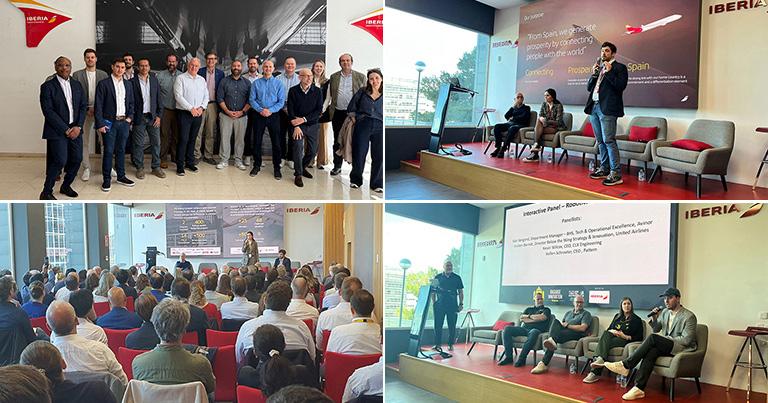

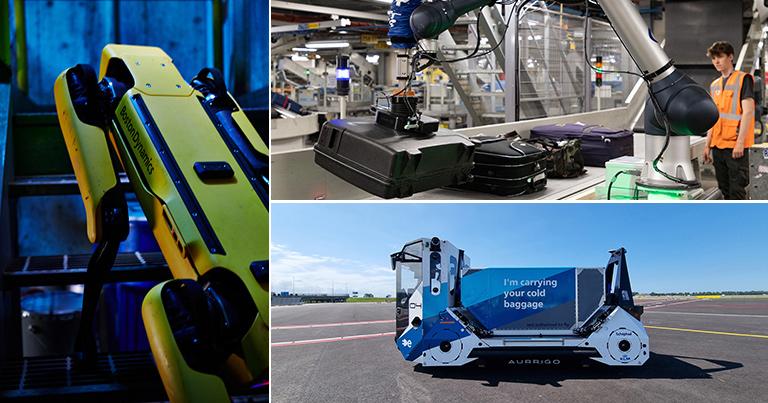

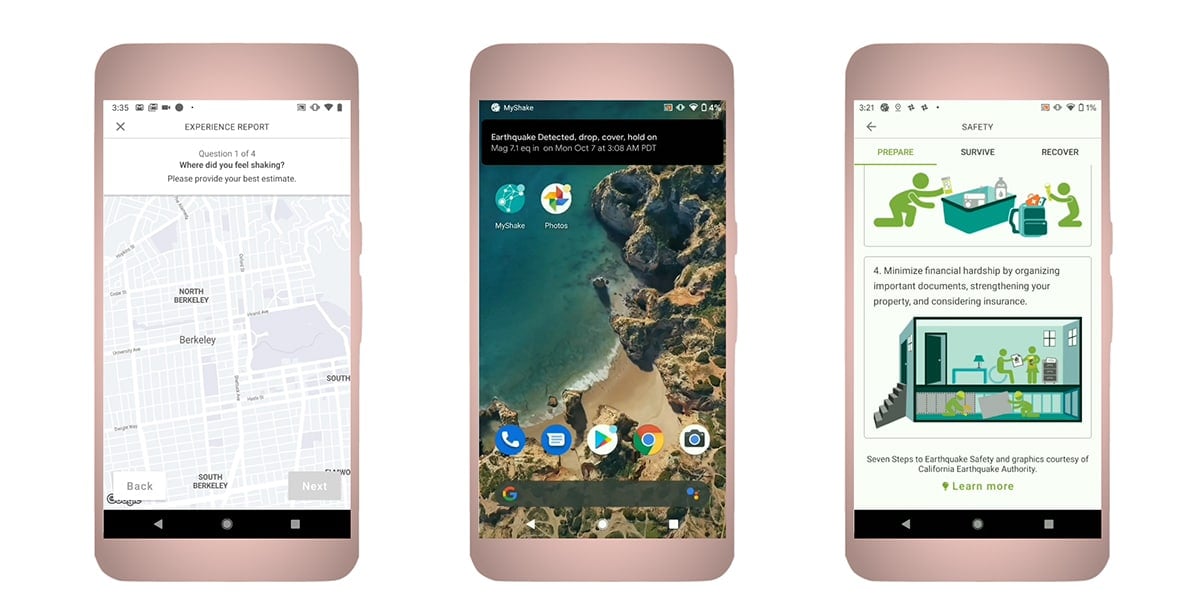






































































![“You’re Driving Too Slowly”: Delhi ATC Snaps At American Airlines Pilot, Sends Flight To Penalty Box [Roundup]](https://viewfromthewing.com/wp-content/uploads/2025/04/pilot-in-american-airlines-787-9-cockpit.jpg?#)

















































































































